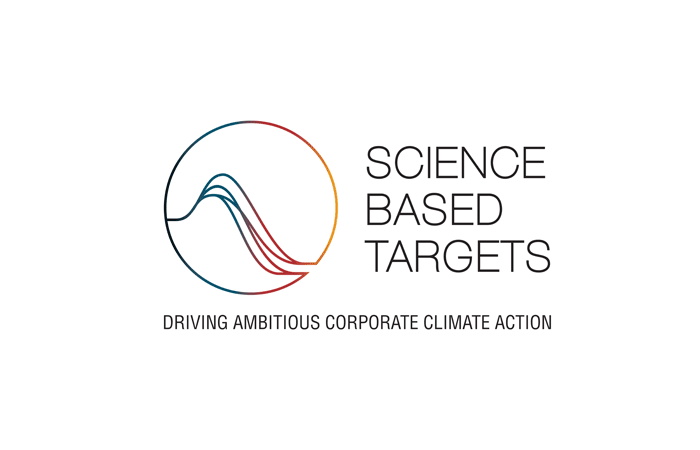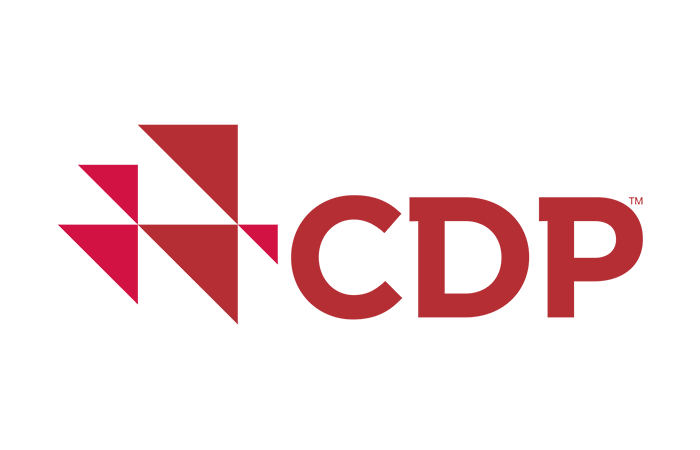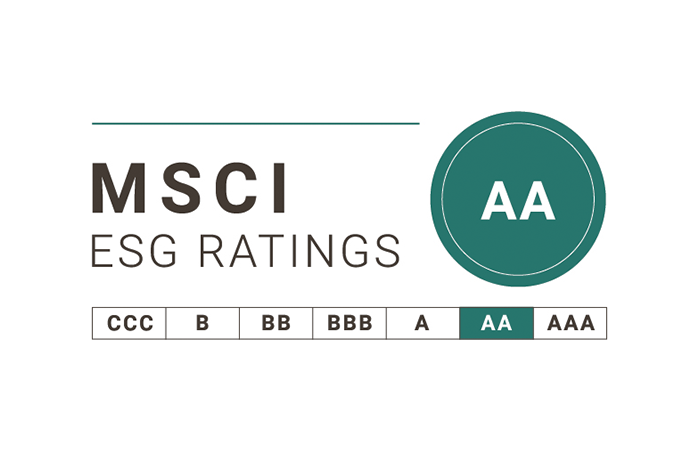Sustainability is an integral part of our strategy and our day-to-day business, and Nolato’s capabilities in offering sustainable solutions generate increased value for stakeholders and create business benefits.

Analysis slashes water consumption
Through a comprehensive operational efficiency plan, Nolato MediTor has significantly reduced water and energy usage in the production of dip-molded breathing bags.













